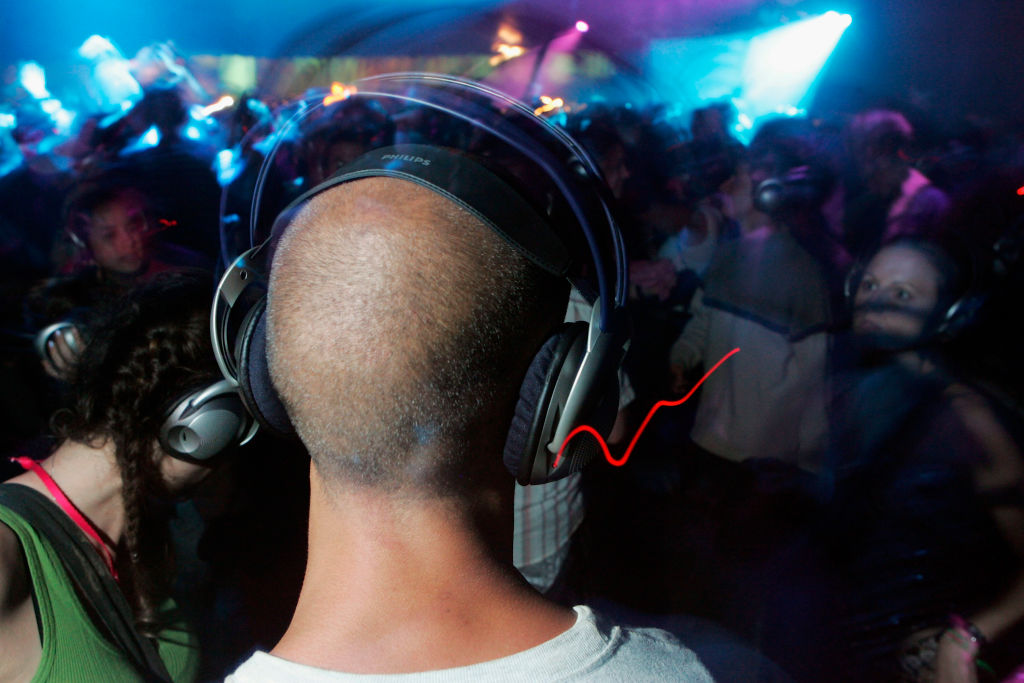I will not be attending the silent disco that is soon to be held in Canterbury Cathedral. I will not witness ‘some of the UK’s best 90s DJs playing all your favourite tunes in the stunning, illuminated surroundings of Canterbury Cathedral’. I will not be among ‘100s of like-minded 90s fans singing their hearts out whilst wearing state-of-the-art LED headphones’.
Why not? Isn’t this the sort of trendy gimmick that a trendy liberal like me approves of? Don’t I often express the view that the Church should be open to the culture around it, and find ways to tempt arty agnostics into its orbit?
Well, I suppose it won’t do any harm, and maybe some of the ravers will look more positively on the cathedral as an impressive cultural space, and maybe one or two will wonder what worship is like there, and quietly give it a try. Maybe.
But my gut reaction is one of slight dismay. The event feels unimaginative. It simply imports a secular phenomenon into this religious space, rather than really thinking about the possibility of a dynamic cultural exchange.
What do I mean? I mean that the Church ought to be thinking about dance in a serious way, finding some real opportunities to introduce dance into its worship culture. Instead it vaguely gestures in this direction, but in an inauthentic, trivial, risk-free way.
The Church ought to be thinking about dance in a serious way, finding some real opportunities to introduce dance into its worship culture.
I have long been fascinated by the relationship of religion and dance. There are grounds for thinking that ancient Greek religion was rooted in communal dance, and of course this is backed up by the religious rites of every tribe known to anthropologists.
Did Christianity shun such pagan ways of worship? Alas yes, to a very large extent. Its founders seem to have been rather puritanical Jews, at least in this respect. It is hard to believe that Jesus did not dance, for example at the wedding he attended, but none of his biographers thought to mention it. Paul was probably more of a stand-at-the-back-of-the-disco-frowning sort of guy.
In the merry medieval era there was a bit of holy dancing, but no strong tradition took root. Of course any frail roots were stamped on by those nasty Protestants. And so modern Western dance has been deeply unchurched. It is hard to overstate how deep a problem this is for Christianity. It claims to be a religion of joy, but lacks the primary cultural language of spontaneous joy.
Admittedly there are some Christians, thank God, who do dance as they praise: Pentecostals and charismatic evangelicals. And maybe Mormons, if they’re Christian. But of course this sort of ‘enthusiasm’ is very un-British. We have been schooled to see religion as utterly distinct from the spirit of dance, which is associated with youth, coolness, drunken exuberance at parties. To my mind, this is a rather thin version of dance, too individualistic and too close to commercialised cultural fashion, which is why I tend to join Paul at the back of the disco, frowning — and quietly wishing there was a communal tribal dance, with real cultural meaning, that I could join instead.
My point is that serious Christian work must be done to restore the status of dance. The next religious genius won’t nail some theses to a church door; he or she will invent a dance that draws people to church on Sundays.







Comments